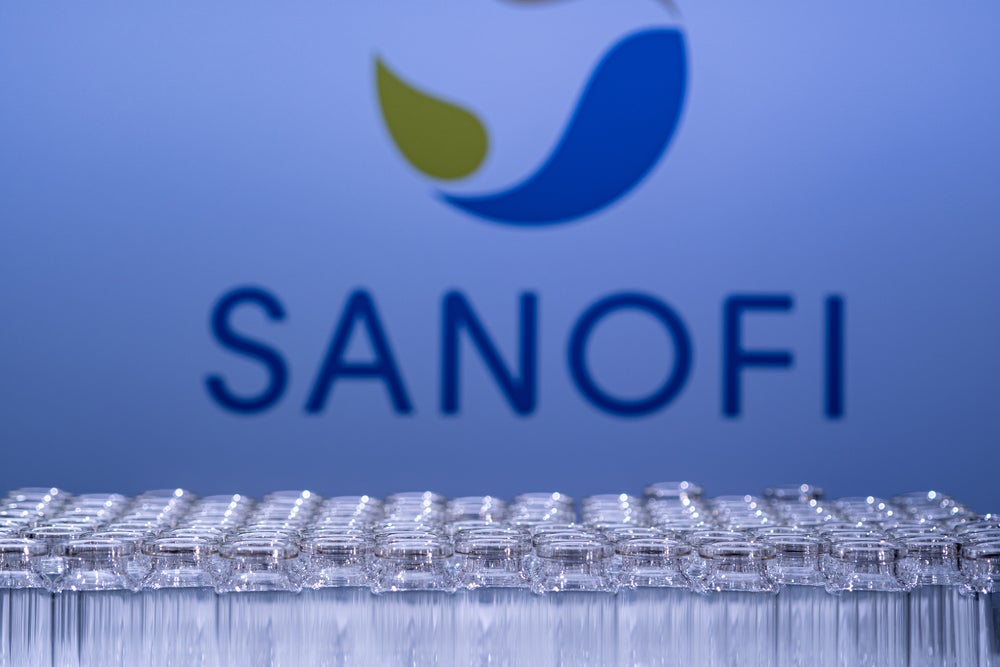
Sanofi has announced that its anti-CD40L antibody frexalimab demonstrated significantly reduced disease activity in a Phase II trial of patients with relapsing multiple sclerosis (RMS).
The Phase II trial (NCT03732820) was a double-blind, placebo-controlled study that enrolled 129 patients with RMS who were randomised to receive two different doses of frexalimab or placebo over the course of 12 weeks. After this, patients receiving a placebo were switched to the frexalimab arm and entered the ongoing open-label part B portion of the study.

Discover B2B Marketing That Performs
Combine business intelligence and editorial excellence to reach engaged professionals across 36 leading media platforms.
Researchers observed an 89% and 79% reduction in new gadolinium-enhancing (GdE) T1-lesions for higher and lower doses, respectively, compared to placebo. Gadolinium is a contrast agent used in MRIs. The presence of lesions, as detected by GdE, indicates inflammation and MS disease activity. The patient groups also showed reductions in new or enlarging T2-lesions and total GdE T1-lesions, with 96% of higher dose participants entirely free of new GdE t1-lesions after 24 weeks.
A large majority (97%) of patients completed part A of the trial, and frexalimab was generally well tolerated – adverse events were limited to a small number of Covid-19 cases and headaches, as per a 31 May release.
Following these positive results, Sanofi plans to initiate further RMS trials next year. A statement from the company highlighted frexalimab’s mechanism of action of blocking the CD40/CD40L costimulatory pathway, as one that potentially regulates both adaptive and innate immune cell activation and function, which is pivotal in the pathogenesis of MS. Sanofi claimed the results demonstrated that CD40L inhibition rapidly controls MS disease activity without lymphocyte depletion.
In 2017, Sanofi partnered with the Lebanon, New Hampshire-based ImmuNext to develop an antibody for autoimmune diseases like lupus and multiple sclerosis, which included giving Sanofi a worldwide license to develop frexalimab. The agreement involved milestone payments upto $500 million.

US Tariffs are shifting - will you react or anticipate?
Don’t let policy changes catch you off guard. Stay proactive with real-time data and expert analysis.
By GlobalDataErik Wallström, Sanofi’s global head of neurology development, said the company intends to grow its pipeline of MS therapies. Sanofi is also developing a BTK inhibitor tolebrutinib in RMS, which recently had Phase II results released in February.
Currently, there are only 24 marketed RMS treatments, with a further 12 in development. Analysis from GlobalData predicts that the market for multiple sclerosis (MS) treatments as a whole will reach $29.8bn across the seven major markets (US, France, Germany, Italy, Spain, UK, and Japan). This represents annual growth of 4.6% from the $18.9bn recorded in 2020.




